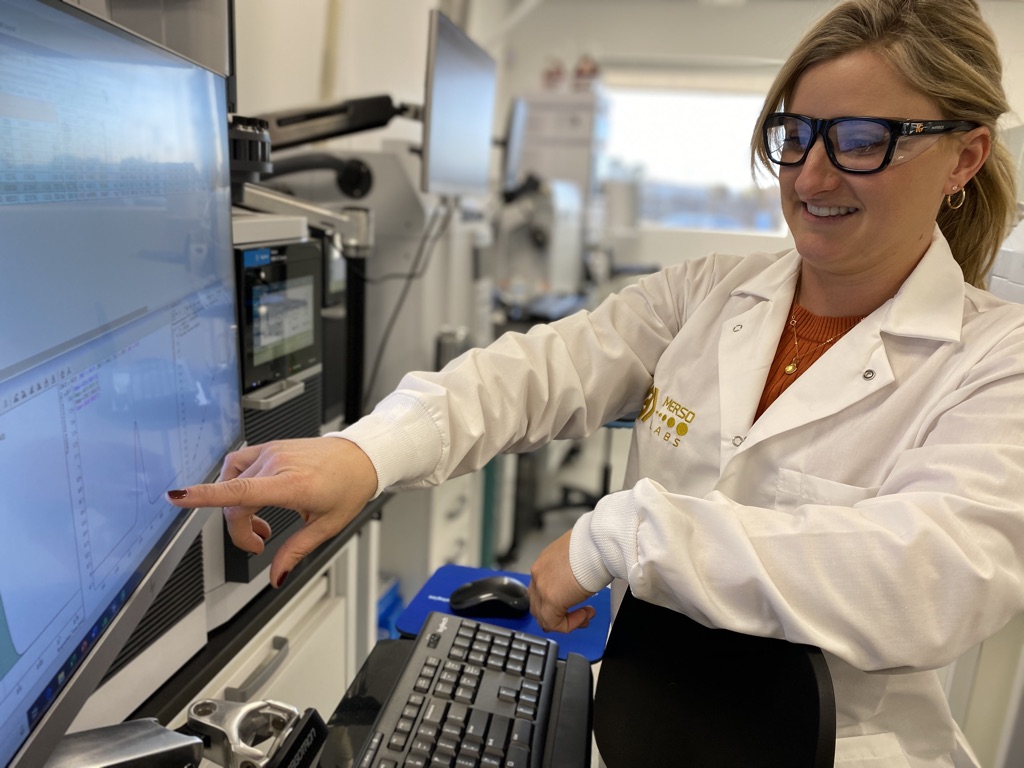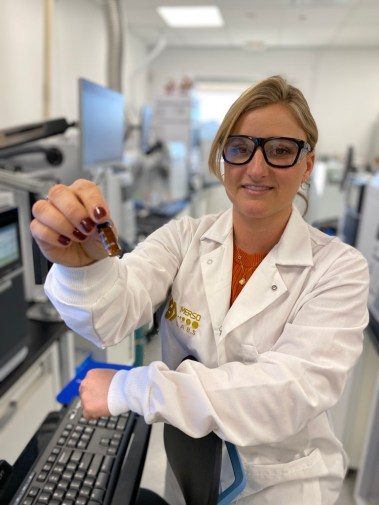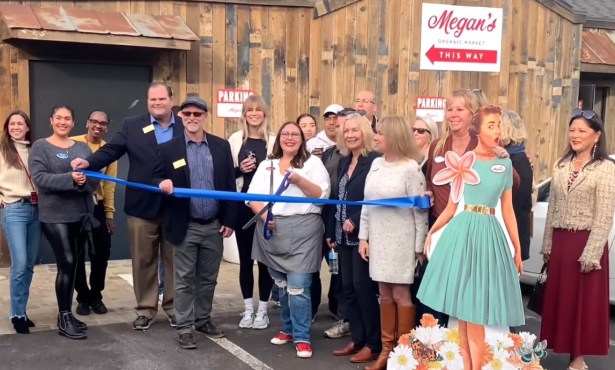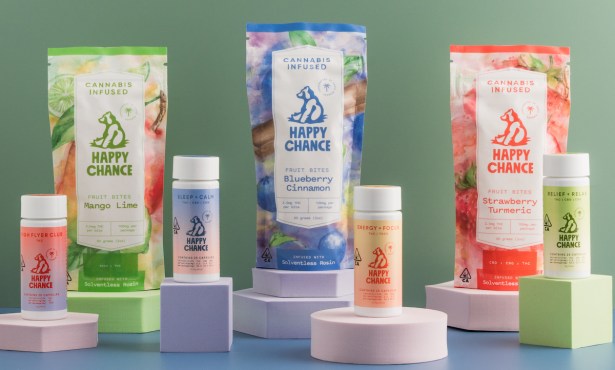Sinsemilla Science at Lompoc’s Merso Labs
Perfecting the Cannabis Industry’s High-Tech Tests

Whether you’re a weed lover or a cannabis complainer, it’s hard to argue against the rigorous testing for pesticides, molds, heavy metals, and other contaminants that are mandated for growers and producers by the California Bureau of Cannabis Control. The vetting is more extensive than what’s required for food and alcohol, aiming to ensure that consumers only get exactly what they think they’ve bought.
Like shady activity that plagues much of this nascent, once-illegal industry, there’ve been scandals in the testing sector too — one Sacramento lab, for instance, was caught falsifying pesticide results for almost 30 companies because a machine broke. But there’s a soon-to-be-licensed facility in Lompoc that’s trying to do everything both by the book and top of the line.

“All of the methods we employ have to be bulletproof,” explains Kelsey Gorter, the director of laboratory services for Merso Labs. “We have to prove beyond a shadow of a doubt that we are accurate every time.” She hopes to land their state license in April, after many months of accumulating more than $1.5 million in equipment and perfecting their methods.
To do so, Gorter and her team bought a wide range of cannabis products — flower, resin, edibles, drinks, etc. — and started firing up the brand-new collection of chromatography and mass spectrometry devices required to break down and analyze the goods. The machines, many made by Agilent Technologies, are “brand new and hypersensitive,” said Gorter, noting that one produces a torch that’s as hot as the surface of the sun.
The lab must be able to identify 66 pesticides, five mycotoxins, and a range of heavy metals, bacteria, and residual solvents like hexane and methanol. “We don’t want butane left in a product that someone is going to smoke or eat,” said Gorter, who also tracks potency via THC and CBD levels, although there is potential to test for many more cannabinoids and terpenes as well. Basic tests cost around $800 and take about 24 hours, though three to five business days is the usual waiting period. There are 135 analytes in all, and all samples are tracked via chain of custody forms.
Once up and running, the lab’s test results go to the state at the same time as the producer or grower who submitted the sample learns the news. That ensures transparency, but these labs are commercial endeavors, not state agencies. To succeed, they need to cultivate a client base and work with growers and producers at every step along the way to ensure that they do pass when it’s time to run the official test.
“We want to help them and educate them so their farming and manufacturing procedures can continue to improve,” said Gorter. “Everyone is tracked from seed to sample.” (Though Merso doesn’t offer this service, there are some remediation options available when certain samples don’t pass muster, which is giving rise to an entire sub-industry of consultants who can clean up dirty products.)

That relationship could certainly raise eyebrows when it comes to conflicts of interest, but, said Gorter, “We’re not permitted to be invested in any other part of the cannabis industry.” Nor can growers or producers invest in labs.
Gorter came to cannabis from the wine industry, where she worked for a large corporate winery in Paso Robles. But she’d studied biochemistry at UCSB with Kaleb Asfaha, who decided to create Merso Labs after getting his PhD from Berkeley. He gave her a call, and she came onboard. “There are a lot of parallels between wine and cannabis,” said Gorter. “But from some perspectives, cannabis is a lot more difficult. It’s a challenge.”
Asfaha chose Lompoc because of its proximity to so many Santa Barbara County cannabis farms, and the idea is to steadily expand beyond the current seven employees and 2,200 square feet into one of California’s more prominent labs. “There’s no other lab within hundreds of miles of us,” said Gorter, but she knows their services are a drop in the big testing bucket. “We won’t even make a dent in the need in this area.”
For a scientist like Gorter, it’s a fascinating career. “The field is like a blend of pharmacology and agriculture,” she said, explaining that ever-changing rules keep people on their toes. “That’s a general thing with the cannabis industry: I tell people that the plane is being built while flying.”
See mersolabs.com.




You must be logged in to post a comment.